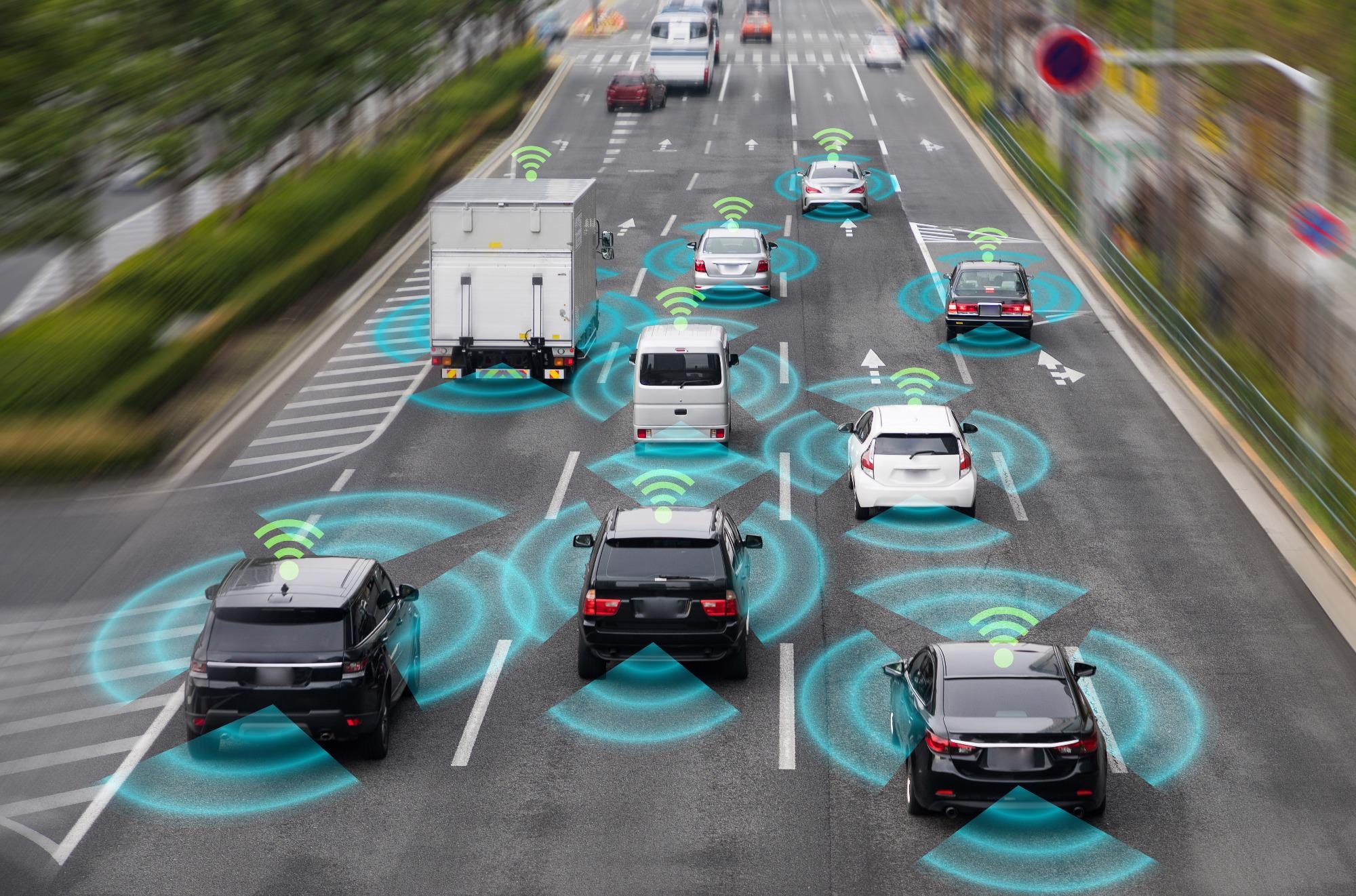Artificial intelligence (AI) is central to shaping the future of autonomous driving, but there are a number of safety concerns that still need to be addressed. Researchers at TU Graz have created a powerful AI-enhanced radar that could help improve current radar technologies and help deal with safety concerns.

Image Credit: Shutterstock.com/ metamorworks
Autonomous driving and driver assistance systems are dependent on various advanced sensor systems, including lidar, ultrasound and radar. These systems feedback key information regarding the surrounding environment and help vehicles function safely.
In particular, radar sensors relay location and speed information from surrounding vehicles and objects to the traveling vehicle. However, they can be vulnerable to a number of disruptive and environmental influences in traffic, such as interference from other (radar) equipment.
Moreover, the radar can be severely impacted by extreme weather conditions that create noise, having adverse effects on the quality of the measurements.
Therefore, a robust radar system enhanced with AI technology that can filter out noise and interfering signals could indicate a shift towards much safer object detection systems in autonomous driving applications.
The better the denoising of interfering signals works, the more reliably the position and speed of objects can be determined.
Franz Pernkopf, Institute of Signal Processing and Speech Communication, TU Graz
Convolutional Neural Networks
The TU Graz team was able to mitigate interference in radar signals through the development of an artificial intelligence model based on neural networks, which far outstrips the function of current technologies.
They now aim to optimize this model by allowing it to work beyond fixed parameters and learned patterns and develop the ability to recognize objects with greater reliability.
As a starting point, the researchers initially developed model architectures for automatic noise suppression predicated on convolutional neural networks (CNNs).
CNNs are able to filter any visual input and determine particular connections in order to generate a complete image.
These architectures are modelled on the layer hierarchy of our visual cortex and are already being used successfully in image and signal processing.
Franz Pernkopf, Institute of Signal Processing and Speech Communication, TU Graz
The way that they are structured means that CNNs consume far less memory when processing but offer greater, advanced abilities in contrast to current radar systems.
The main objective of the TU Graz team was to vastly improve the efficiency of existing systems while presenting a new technology that would be more robust in real-world environments.
Advanced Robust Technology
During their trials, the TU Graz team trained the neural network by feeding in noisy data to provoke the values they were looking for. They were able to identify small and fast model architectures by carefully evaluating the memory space and the number of computing operations that occurred during each denoising process.
The models that demonstrated the highest efficiencies were then compressed by bit-width reduction, i.e., decreasing the number of bits on which the model parameters were stored. This produced a compressed AI chip with high-performance filter technology and reduced energy consumption.
The AI-enhanced radar system expressed results that were comparable with 32 bit systems in just 8 bits. Furthermore, with an F1 score of 89%, the robust radar sensors performed object detection at rates similar to uninterrupted systems.
For our successful tests, we used data (note: interfering signals) similar to what we used for the training. We now want to improve the model so that it still works when the input signal deviates significantly from learned patterns.
Franz Pernkopf, Institute of Signal Processing and Speech Communication, TU Graz
Moving forward, the next phases of development will see the TU Graz team focus on the REPAIR project (Robust and ExPlainable AI for Radarsensors) to optimize the AI-enhanced radar system.
This would mean that the system would be able to withstand significant levels of interference and demonstrate a greater sense of robustness, developing a radar system that not only improves efficiency but helps prevent any catastrophic events in autonomous driving applications.
References and Further Reading
Pelzl, C., (2022) Robust Radar: New AI Sensor Technology for Autonomous Driving. [online] Tugraz.at. Available at: https://www.tugraz.at/en/tu-graz/services/news-stories/media-service/singleview/article/robuster-radar-neue-ki-sensortechnologie-fuer-autonomes-fahren0/
Disclaimer: The views expressed here are those of the author expressed in their private capacity and do not necessarily represent the views of AZoM.com Limited T/A AZoNetwork the owner and operator of this website. This disclaimer forms part of the Terms and conditions of use of this website.